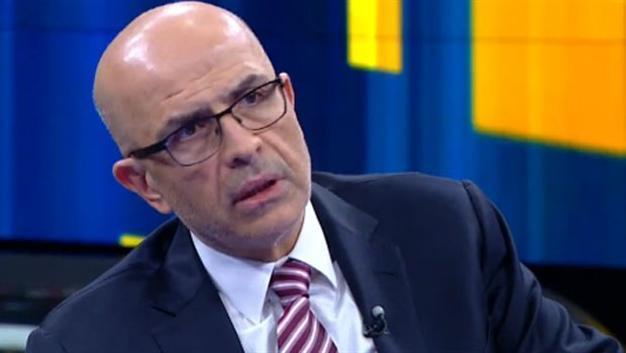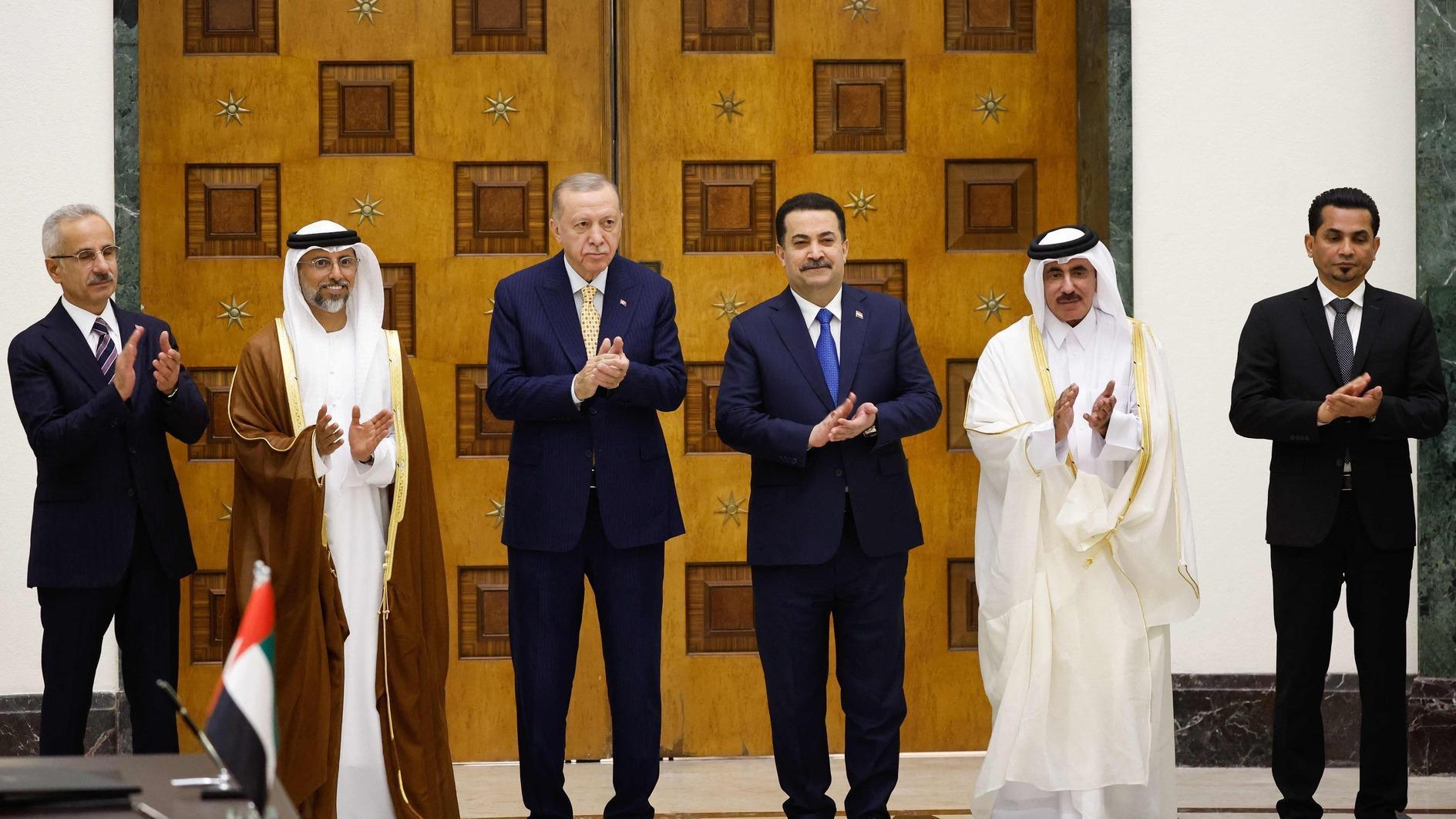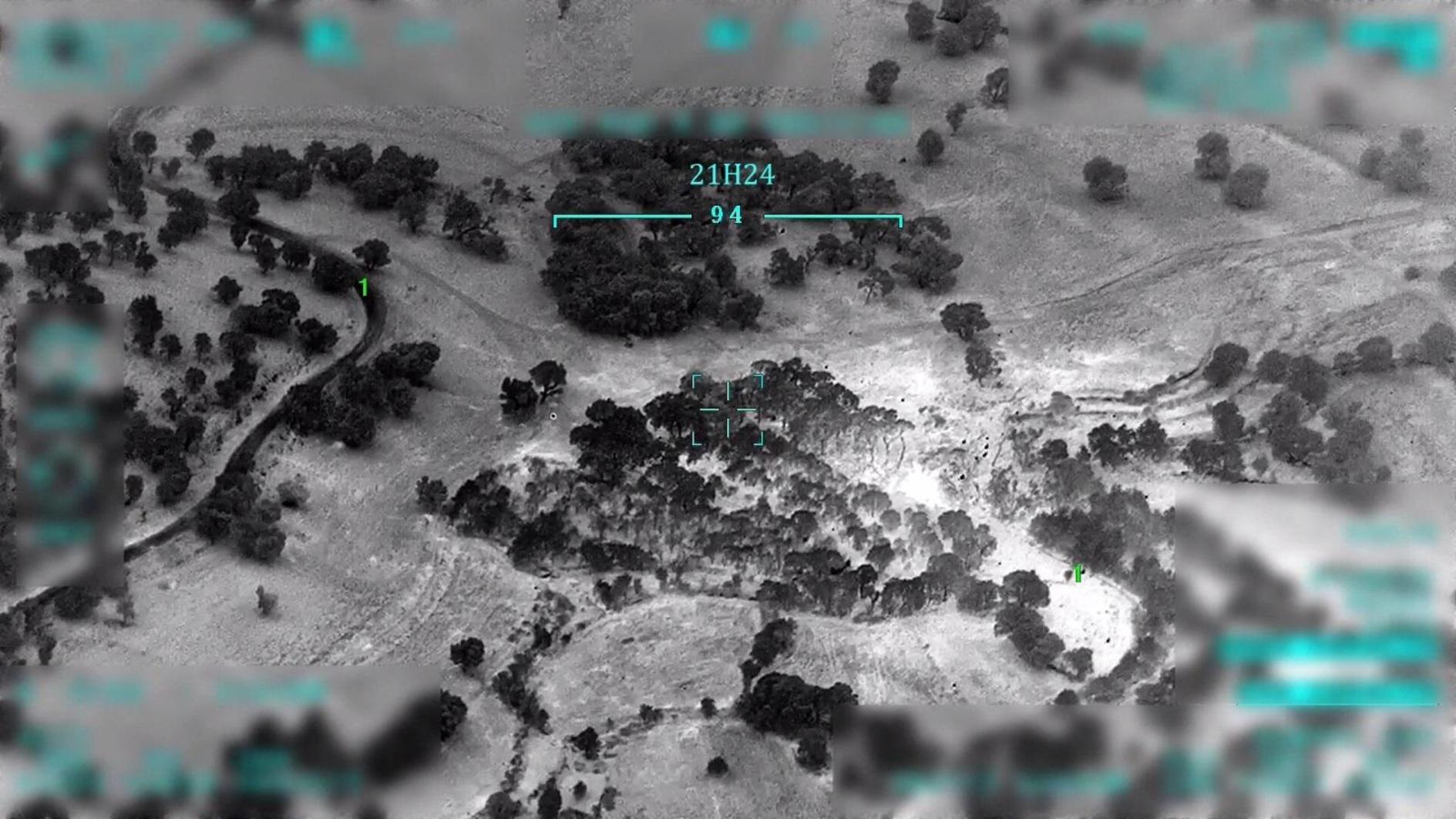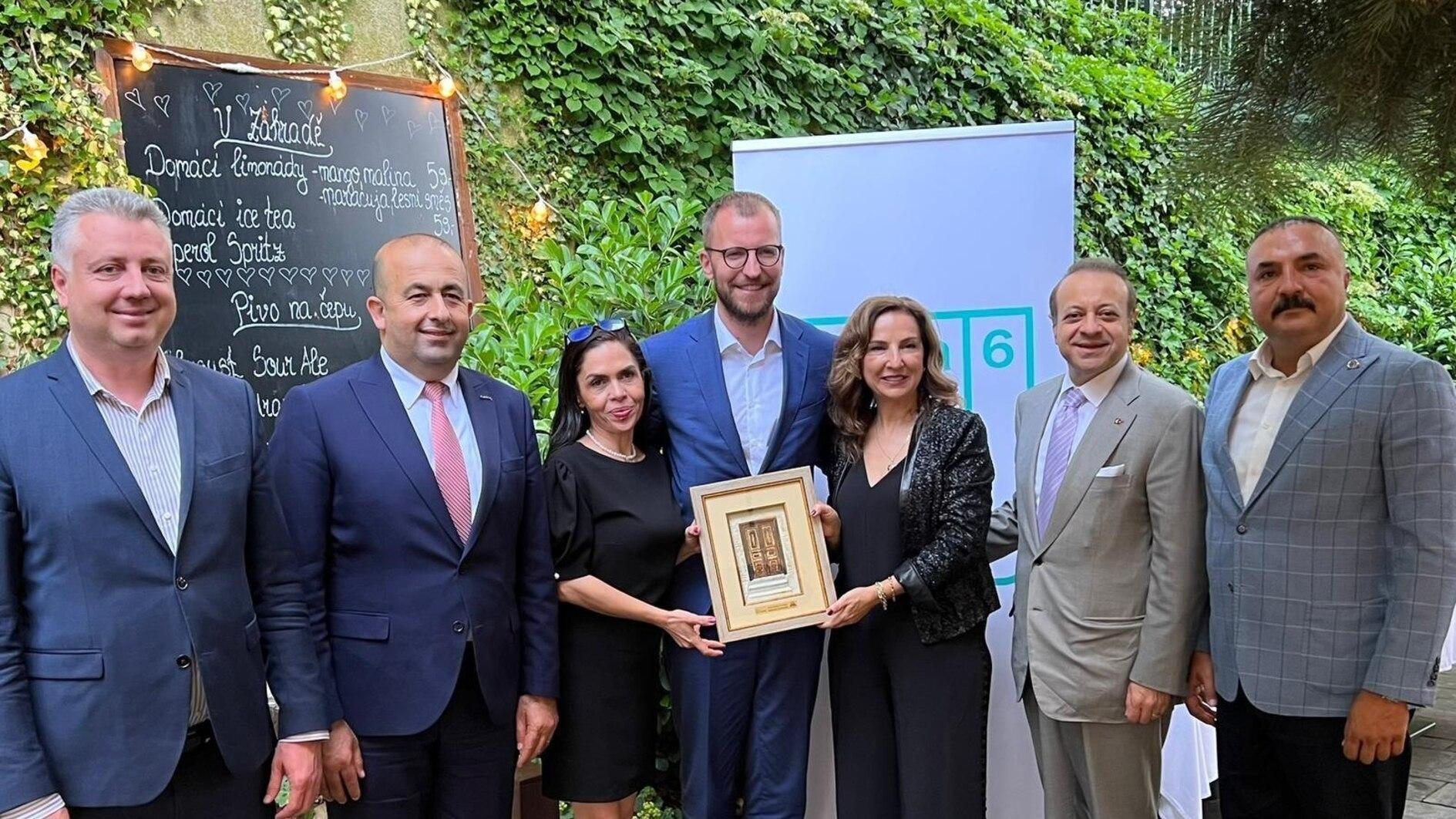What’s important is how Turkish media responds to pressure: Hürriyet editor-in-chief
ISTANBUL

'What people tell you is important, of course, but the wording is also important. But what’s more important is what you do after you listen to them,' Enis Berberoğlu says.
Pressure on Turkish press exists, but the important aspect is how the media outlets respond to it, the editor-in-chief of daily Hürriyet said, responding to the latest revelations showing calls from government officials to media executives.“What people tell you is important, of course, but the wording is also important. But what’s more important is what you do after you listen to them,” Enis Berberoğlu said during a live interview with private broadcaster CNNTürk Feb. 13, answering a question on whether officials such as Hüseyin Çelik, the spokesman of the ruling Justice and Development Party (AKP), can call and say “you are exaggerating.”
“Is there any pressure? There is…Democracy lives with its institutions: Legislative, executive and judiciary. In the West, they also add the media, but I am not sure if we could add it in Turkey,” Berberoğlu said.
Berberoğlu stressed that particularly in the aftermath of the recent massive graft probes that have gripped the country, the relations between the executive and the judiciary have deteriorated so much, carrying with it the media.
“When the higher pillar of the constitutions have crumbled, [can] the media [be in a good environment]? Who would believe that?” Berberoğlu asked.
The government’s widespread pressure on the media came into focus after a phone transcript, in which the prime minister gave orders to an executive of private broadcaster Habertürk, surfaced last week.
In the recording that has sparked such a huge outburst, Erdoğan is heard demanding private broadcaster Habertürk’s executive remove a news ticker feed referring to a statement from the Nationalist Movement Party (MHP) leader Devlet Bahçeli at the height of the Gezi Park protests last June. Erdoğan himself acknowledged the call, saying he intended to give “reminders.”
Following the leak, Fatih Altaylı, the editor-in-chief of a widely circulated mainstream Turkish newspaper owned by the same group, publically claimed to be constantly under pressure, adding “instructions rain down on Turkish media every day.”
"Our priority is our readers and our reputation. With a good reputation, we attract advertising. With the right news stories, photos and videos, we attract readers and viewers. So, our measure of distance is not according to the politician. Nobody should be offended here, but we’re in an environment of competition [with other media outlets],” Berberoğlu said.
‘Parties use polls as manipulation tool’
Regarding the leaks revealing an agreement between Habertürk executives and the son of the prime minister, Bilal Erdoğan, about altering the results of an opinion poll conducted in March 2013, Berberoğlu said Hürriyet made a decision to not publish surveys on the intentions of the vote.
“About 10-15 years ago we understood these election polls were usually used by parties to influence the public. So we made a decision to not publish [any poll]. This is not something new,” Berberoğlu said.
He also rejected claims carried by some media outlets close to the government that the U.S.-based Islamic scholar Fethullah Gülen, whom Erdoğan criticizes for orchestrating the graft probes, was supporting daily Hürriyet.
















